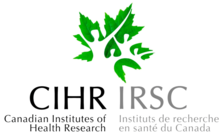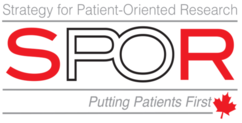
Pragmatic Trials Collaborative
Measuring What Matters
Summary
BedMed was prompted by publication of the MAPEC trial1 (N = 2,156; 255 primary outcomes) – an antihypertensive medication timing trial that reported bedtime blood pressure medications to convey a 61% reduction in all-cause death or major adverse cardiovascular events compared to traditional morning use. Looking to validate these findings, BedMed worked with 436 primary care providers in 5 Canadian provinces to randomize the timing of blood pressure-lowering medications in their volunteer patients with hypertension (N = 3,357; 336 primary outcomes). We observed no difference, bedtime versus morning, in all-cause death or major cardiovascular events. Nor was there a difference in potential hypotensive, visual, or cognition-related adverse events. Another independant trial looking to validate the findings of MAPEC, the TIME trial2 (N = 21,104; 752 primary outcomes) similarly found no difference between bedtime and morning administration.
Bottom Line
While it was safe to use blood pressure lowering medication at bedtime, no additional cardiovascular benefit was conveyed from doing so. The timing of blood pressure medication can likely be tailored to individual patient circumstances and preferences.
Trial Details & Data Access
Funding
The BedMed Initiative was supported in Alberta by a 3 year Partnership for Research & Innovation in the Health System (PRIHS) award from Alberta Innovates - Health Solutions (AIHS).
The BedMed Initiative was supported outside of Alberta by a 4 year SPOR Innovative Clinical Trials Multi-Year Grant from Canadian Institutes of Health Research (CIHR).
The BedMed Initiative was also supported in-kind by EnACt.




References
- Hermida RC, Ayala DE, Mojon A, Fernandez JR. Influence of circadian time of hypertension treatment on cardiovascular risk: results of the MAPEC study. Chronobiol Int. Sep 2010;27(8):1629-1651.
- Mackenzie IS, Rogers A, Poulter NR, et al. Cardiovascular outcomes in adults with hypertension with evening versus morning dosing of usual antihypertensives in the UK (TIME study): a prospective, randomised, open-label, blinded-endpoint clinical trial. Lancet. Oct 22 2022;400(10361):1417-1425.
